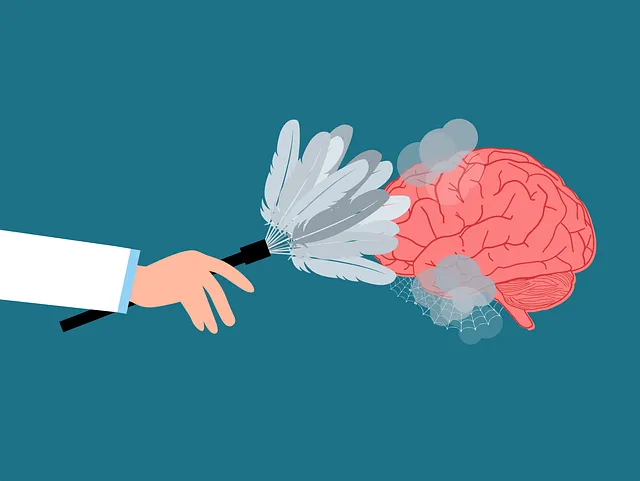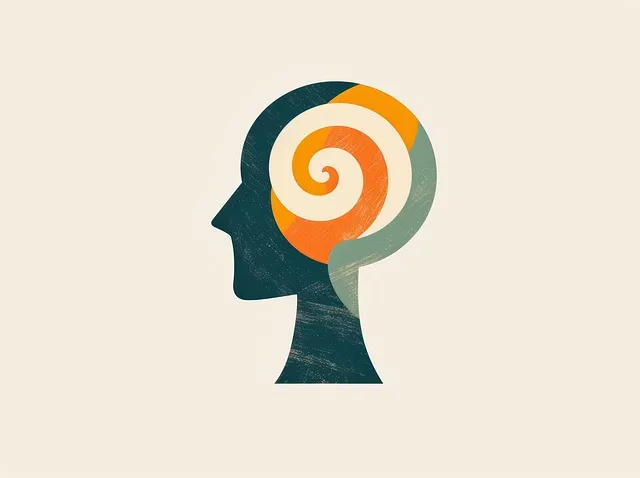The Centennial Kaiser Permanente Mental Health Appointment Center prioritizes early depression identification through behavioral shifts recognition, offering comprehensive care including therapy, lifestyle adjustments, and medication management. They promote holistic wellness with emphasis on exercise, sleep hygiene, mindfulness, and cultural sensitivity. The center utilizes evidence-based therapies, personalized treatment plans, and ongoing support for prevention and management, complemented by a podcast series and training for healthcare providers to foster mental health awareness and tailored care for diverse populations.
Depression is a prevalent yet manageable condition. If you or someone you know is struggling, take heart—prevention and recovery are within reach. This comprehensive guide from the Centennial Kaiser Permanente Mental Health Appointment Center explores effective strategies to combat depression. From recognizing early signs and symptoms to adopting lifestyle changes that boost mental well-being, and leveraging professional support, we provide practical tools for long-term prevention. Discover how building resilience can be a game-changer in your journey towards a brighter, healthier mind.
- Understanding Depression: Recognizing Signs and Symptoms
- Lifestyle Changes for Enhanced Mental Well-being
- The Role of Professional Support and Therapy
- Building Resilience: Strategies for Long-term Prevention
Understanding Depression: Recognizing Signs and Symptoms

Depression is a complex mental health condition that affects millions worldwide, often characterized by persistent feelings of sadness, loss of interest in activities once enjoyed, and a range of physical and emotional symptoms. Recognizing the signs and symptoms early on is crucial for effective prevention and treatment. At the Centennial Kaiser Permanente Mental Health Appointment Center, we emphasize the importance of Mental Health Awareness, understanding that burnout prevention strategies for healthcare providers are essential to identifying and addressing depression proactively.
The journey towards mental wellness begins with recognizing subtle changes in behavior and mood. Common symptoms include increased fatigue, trouble sleeping or excessive sleep, changes in appetite, difficulty concentrating, feelings of worthlessness, and recurrent thoughts of death or suicide. By educating ourselves and fostering empathy-building strategies, we can create an environment that encourages open conversations about mental health. This proactive approach, supported by the expertise at Centennial Kaiser Permanente, aims to combat stigma and ensure individuals receive the necessary care, whether it’s through therapy, lifestyle changes, or medication management.
Lifestyle Changes for Enhanced Mental Well-being

Adopting healthy lifestyle habits is a powerful tool for enhancing mental wellness and preventing depression. The Centennial Kaiser Permanente mental health appointment center emphasizes the significance of holistic care, encouraging individuals to make positive changes in their daily routines. Regular exercise, for instance, has been shown to boost mood and reduce symptoms of anxiety and depression. Aiming for at least 30 minutes of moderate physical activity most days can significantly improve overall mental health.
Additionally, prioritizing sleep hygiene is crucial. Establishing a consistent sleep schedule and creating a relaxing bedtime routine can positively impact emotional well-being. The center also promotes mindfulness practices like meditation or deep breathing exercises, which have been effectively used in crisis intervention guidance to manage stress and promote calmness. Cultural sensitivity in mental healthcare practice is another key aspect, ensuring that individuals from diverse backgrounds receive tailored support and understanding.
The Role of Professional Support and Therapy

Professional support and therapy play a pivotal role in depression prevention and management. Seeking help from a qualified mental health professional at centers like the Centennial Kaiser Permanente appointment center is a proactive step towards maintaining and improving mental wellness. Therapists employ evidence-based strategies tailored to individual needs, offering a safe space for individuals to explore underlying issues, develop coping mechanisms, and cultivate resilience against depressive episodes.
The Mental Wellness Podcast Series Production has also emerged as a valuable tool in promoting mental health awareness and education. Additionally, Healthcare Provider Cultural Competency Training is crucial in ensuring that medical professionals can offer sensitive and effective care to diverse patient populations, addressing the unique challenges they may face regarding depression.
Building Resilience: Strategies for Long-term Prevention

Building resilience is a key component of long-term depression prevention. At the Centennial Kaiser Permanente mental health appointment center, professionals emphasize strategies that empower individuals to navigate life’s challenges more effectively. This includes fostering strong social connections, developing coping mechanisms tailored to personal needs, and cultivating a sense of purpose or meaning in daily activities. Regular check-ins with mental health experts can also serve as a crucial part of this process, providing ongoing support and guidance.
The Mental Wellness Podcast Series Production offers valuable resources for those looking to enhance their mental wellness proactively. By integrating practices from these podcasts into daily routines, individuals can build a stronger foundation against depression. Additionally, Risk Management Planning for Mental Health Professionals plays a vital role in ensuring practitioners maintain their well-being while supporting others. This holistic approach, combining personal growth and professional development, is essential in the ongoing battle against depression.
Depression is a serious yet treatable condition, and adopting a multifaceted approach to prevention can be life-changing. By understanding the signs and symptoms as outlined in this article, making proactive lifestyle changes, seeking professional support from centers like the Centennial Kaiser Permanente mental health appointment center, and building resilience through proven strategies, individuals can significantly reduce their risk of depression. Remember, early intervention and a comprehensive prevention plan are key to fostering long-term mental well-being.






